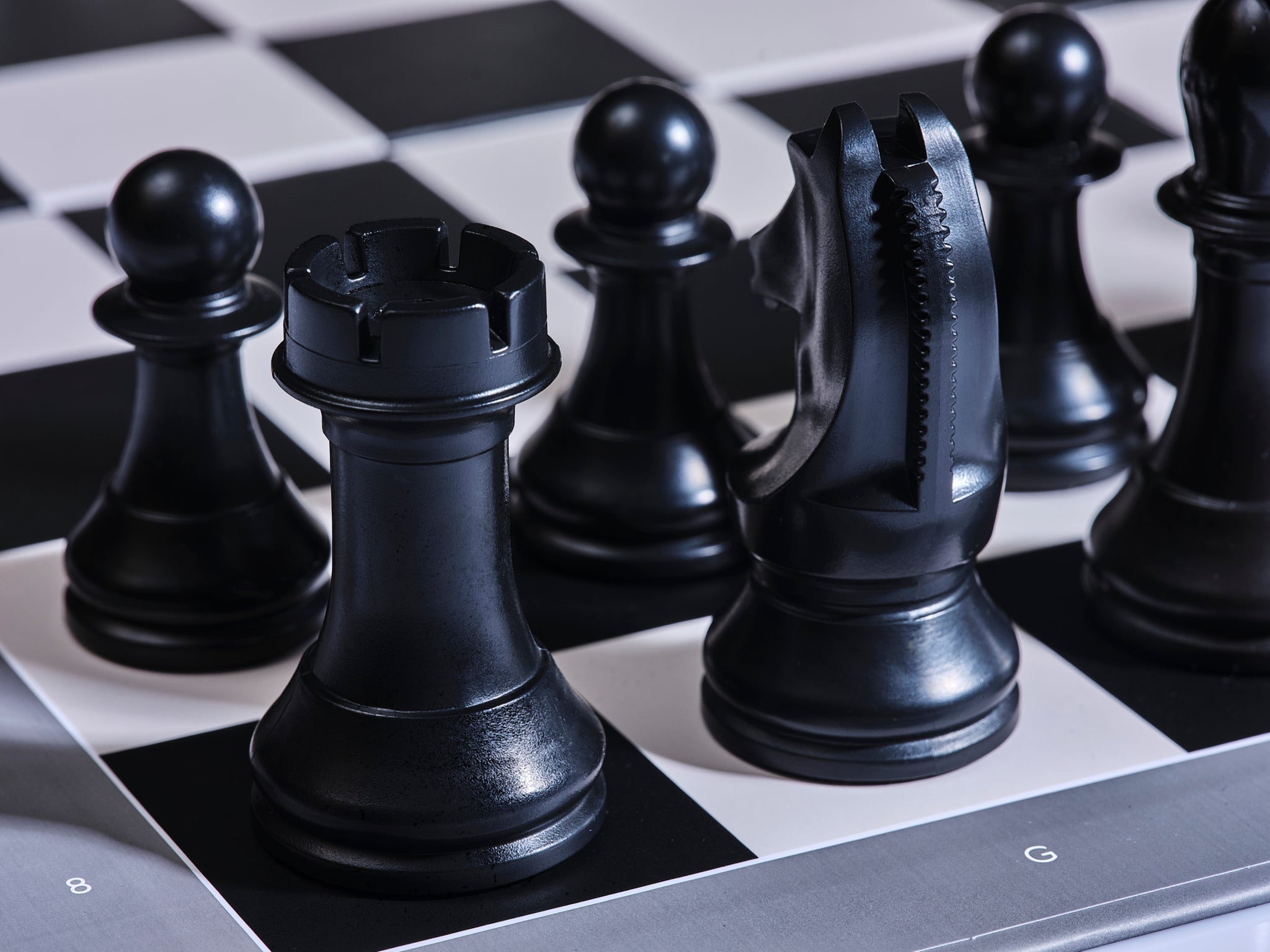
How to Improve Your Chess Game
by Paul Chessini
·
Introduction
There are so many tips and training methods available. All these can be overwhelming and may leave players unable to know how to improve in chess. Over the years, I have coached thousands of students, and I’ve seen what truly works and what doesn’t. In this article, I will share five essential practices that will help you make real progress in your chess journey.
Use Puzzles the Right Way
Many players boast high puzzle ratings, yet their actual chess rating doesn’t match. Why? Because they approach puzzles with a different mindset than the one they use in real games.
Chess puzzles are helpful for building pattern recognition. They’re also great as a warm-up before playing or studying, since they get you into “calculation mode.”
But puzzles should not consume all or the majority of your training time. If you spend all your time solving them, you’re neglecting other vital aspects of chess. Include solving puzzles in your study routine but do not let it consume all your study time and energy.
Play Longer Time Formats
Online chess platforms have made games much more accessible to people. Among the most popular formats are blitz and bullet games, which are quite addictive. One can play several of these games for every one in classical time format. However, we should remember that quantity does not equal quality. In fact, without deliberate effort, playing fast games often reinforces bad habits that are difficult to break.
The analogy I often use is my hamd writing. I have been writing my entire life, but because I do not make any conscious effort to improve it, it has stayed the same. Similarly, unless you approach chess practice with deliberate intention to improve, playing thousands of games will not guarantee improvement.
Longer time controls like rapid or classical force you to think deeper and calculate more accurately. These games are not decided by mere blunders or time trouble. Hence, they can help develop skills you can later apply even in blitz games. If you want to build lasting improvement, give yourself time to think.
Review Your Games
One of the most effective yet often neglected ways to improve is to analyze your own games. By studying not just your mistakes but also your opponent’s, there is a higher probability that you will remember the recurring patterns and weaknesses in your play.
Don’t just focus on obvious blunders. Subtle positional mistakes like weakening your pawn structure can be just as costly. Often these slip by unnoticed during play. Over time, such mistakes accumulate and some of your opponents would definitely capitalize on them.
Engines have made analysis easier, but there’s also a downside to it, particularly reliance and complacence. If you rely only on computer evaluations, you learn very little. Real improvement comes with some struggle. Hence, you must first analyze the game yourself, then use the engine to check your conclusions and uncover blind spots.
For a deeper guide, see this article: How to Analyze Chess Games.
It is human nature to be disheartened if you only focus on failures, the games where you made mistakes. In the book Champion Psychology, one of the tips that I give is to collect and review your best games. Building a personal “victory archive” keeps you motivated and reminds you of what you’re capable of when you play at your best.
Focus on the Right Things
It’s tempting to dive into obscure opening lines after watching a clash between Carlsen and Nakamura or reliving the Match of the Century: Fischer vs. Spassky. But your study plan should match your level.
For beginners, mastering the fundamental principles of all phases of the game matters far more than memorizing rare lines. For intermediate players, they should develop a better understanding of positional play and long-term planning. Upon reaching the level of advanced players where your opponents also have good positional understanding, you must develop your calculation skills and perhaps learn deeper opening theory for tournament preparation.
Study what is relevant to your stage of development. Copying a grandmaster’s style without grasping the basics would be counterproductive to your chess development.
Study Courses and Books
There is a lot of chess content on YouTube and other platforms. However, most of them were made for entertainment purposes to get clicks, not exactly to help you get better at chess. Some days you may learn a useful trick; other days you may waste an hour without adding anything to your skill set.
A common pitfall for many players is that they often count this as studying chess. The fact is they’re confusing entertainment for education. Moreover, even those who consume educational chess content would still not get a structured program; hence, their improvement, if there is any, would also be random.
Structured resources—like chess courses and books—are different. They’re designed with specific learning goals in mind, building your skills step by step. This structure provides the consistency that random online content does not.
If you want to accelerate your progress, choose courses that match your level. We’ve got you covered at the Remote Chess Academy. We have courses for beginners, intermediate players, and advanced students alike, so that you can follow a clear plan to improve your game.